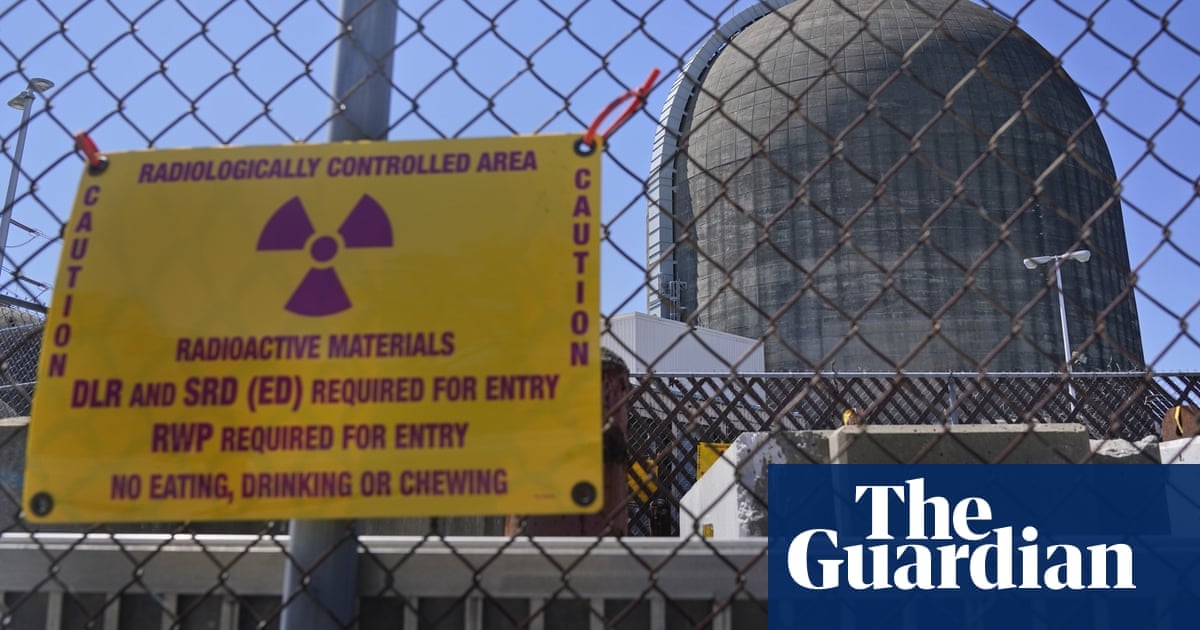Shuttering of New York facility raises awkward climate crisis questions as gas – not renewables – fills gap in power generation
When New York’s deteriorating and unloved Indian Point nuclear plant finally shuttered in 2021, its demise was met with delight from environmentalists who had long demanded it be scrapped.
But there has been a sting in the tail – since the closure, New York’s greenhouse gas emissions have gone up.
Castigated for its impact upon the surrounding environment and feared for its potential to unleash disaster close to the heart of New York City, Indian Point nevertheless supplied a large chunk of the state’s carbon-free electricity.
Since the plant’s closure, it has been gas, rather then clean energy such as solar and wind, that has filled the void, leaving New York City in the embarrassing situation of seeing its planet-heating emissions jump in recent years to the point its power grid is now dirtier than Texas’s, as well as the US average.



“Afraid” after seeing unfettered capitalism cut corners in every way it can, with zero regard for human life.
I am not sure it’s fear so much as it is a logical response to the current situation to not want more nuclear in this context when renewables are so much cheaper.
I am not “afraid” of nuclear power, I just think it’s a really bad option right now and that its risks, like all other forms of power generation, need to be considered carefully, not dismissed out of hand.
Being afraid of what can go wrong is still being afraid. It’s not an insult.
Being afraid does not mean it’s irrational or unjustified.
It’s risks are pretty minimal, in the grand scheme. I won’t say non-existent of course. The possibility of a release is always there, but the impact is going to be measured in negative public perception, not deaths. One of the reasons the plants cost so much to build is because they have to stick a real big concrete dome over the dangerous bit.